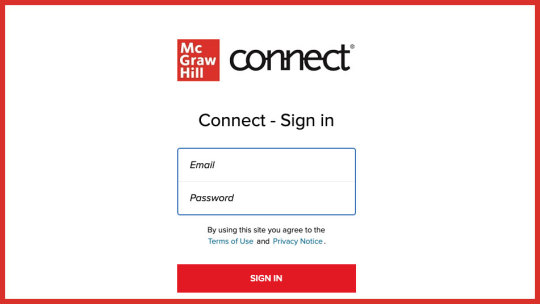University advocates e-proctoring alternatives, but struggles to remove e-proctoring option from McGraw-Hill Connect platform

“Faculty need support and using e-proctoring as a way out of that is not a good pedagogical solution for anyone.”
For Immediate Release April 1, 2021
Press contact: press@fightforthefuture.org
Today, staff at the University of Michigan-Dearborn who support faculty development and digital education, released a paper in To Improve the Academy (TIA) titled “What happens when you close the door on remote proctoring? Moving towards authentic assessments with a people-centered approach.” But even as the campus bucks the trend of using eproctoring apps to monitor students during online assessments (many of which don’t actually eliminate cheating), it can’t keep them off campus entirely due to McGraw-Hill’s partnership with embattled eproctoring app Proctorio and McGraw-Hill’s failure so far to remove it for UM Dearborn users.
“Administrators and teaching and learning staff at University of Michigan-Dearborn made the decision to avoid adopting remote proctoring technologies and to instead invest in instructional design staff and faculty development programming to help faculty transition to authentic assessments,” the paper’s abstract states. “Remote proctoring services require access to technology that not all students are not guaranteed to have, can constitute an invasion of privacy for students, and can discriminate against students of color and disabled students.”
But little did UM-Dearborn staff know that even as they were speaking out against the harms of eproctoring, McGraw-Hill was bringing Proctorio to all the campuses that use their McGraw-Hill Connect textbook platform. When confronted on February 5th by staff at UMich-Dearborn and asked by upper administration to turn off the e-proctoring option, McGraw-Hill said they would remove eproctoring from the materials it provides to the institution within two weeks. Since the initial request, staff at UM-Dearborn have reached out to McGraw-Hill on several occasions. On March 22nd McGraw Hill responded with an apology and assumed fault for the delay. They said that the removal should be completed shortly but as of the date of this release the removal has yet to occur.
“They said it would be two weeks, it’s been two months” said Autumm Caines (she/her), Instructional Designer at The Hub for Teaching and Learning Resources at UM-Dearborn, and a coauthor on the TIA paper, “It is profoundly disrespectful of the pedagogy that we advocate for. We put out this paper that focuses on rejecting remote proctoring and embracing people-centered supports for authentic assessments—we cannot make it more clear that we are looking for real solutions, not snake oil profiteering, on our campus.”
“McGraw-Hill’s failure here is outrageous, especially as they have been aware of the controversy surrounding Proctorio since at least December,” said Lia Holland (she/they) Campaigns and Communications Director at Fight for the Future, a digital rights organization leading the charge against discriminatory and invasive eproctoring software. “Rolling out a controversial technology without the knowledge, consent, or oversight of customers is in incredibly poor form for one of the world’s largest textbook companies. Failing to make a simple modification to turn off that same controversial tech makes you wonder what is actually going on behind the scenes in McGraw-Hill’s deal with Proctorio. Do Proctorio’s false representations of its customer list stem from this very McGraw-Hill feature? Is McGraw-Hill refusing to turn off this option for its customers in order to help Proctorio falsify a larger customer list than it actually has?”
“Faculty need support and using eproctoring as a way out of that is not a good pedagogical solution for anyone,” said Sarah Silverman (she/her), the lead author of the TIA paper. “We want to support instructors in assessing their students, and there is a lot more involved in that than simply preventing “cheating.” I encourage instructors to develop assessments that engage students in an authentic task to show how they can apply their knowledge. A great side effect of this type of assessment is that it is not conducive to cheating, making eproctoring unnecessary.”
Outcry from students and human rights experts, as well as investigations into the foundations of the technology itself, is compelling universities to turn their backs on eproctoring. Those seeking to evolve their remote learning practices can consult the TIA paper, in which “lessons learned and recommendations are provided for other educational developers or institutions who want to resist remote proctoring on their Campuses.”
The full text of “What happens when you close the door on remote proctoring? Moving towards authentic assessments with a people-centered approach” is available at https://quod.lib.umich.edu/t/tia/17063888.0039.308?view=text;rgn=main. Its coauthors are available for comment by reaching out to Autumm at acaines@umich.edu or Sarah at sarahsil@umich.edu.

